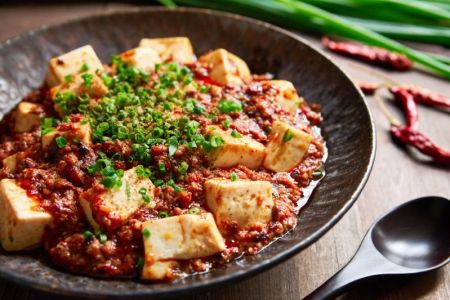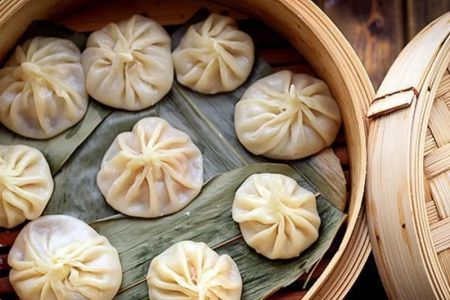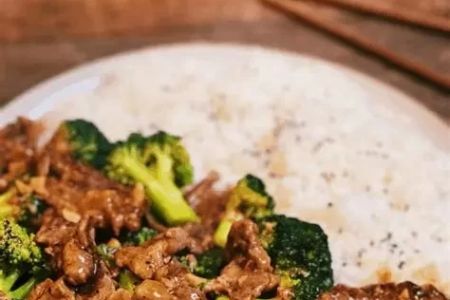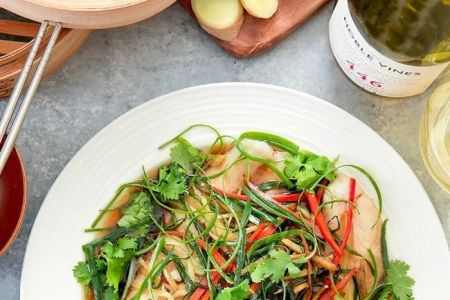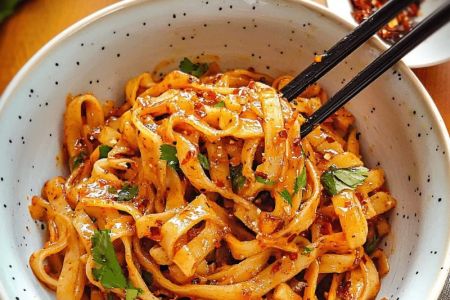- is-shein-food-real
- what-kind-of-food-is-shein-selling
- why-is-shein-selling-snacks-and-edibles
- are-shein-food-products-safe-to-eat
- customer-reviews-and-real-experiences
- our-perspective-on-buying-food-online
- better-places-to-find-authentic-snacks
1. Is Shein Food Real?
If you’ve scrolled through social media recently, you might’ve come across surprised shoppers unboxing not just clothes, but snacks and packaged food from Shein. This naturally sparks the question: is Shein food real? And even more importantly, should you trust it?
The short answer is yes—Shein does sell actual edible products, including instant noodles, candies, seaweed snacks, and even quirky novelty items like spicy chips or flavored jelly cups. But just because it's “real” doesn’t automatically mean it’s safe, tasty, or worth buying. The conversation around Shein's expansion into food involves deeper concerns about sourcing, safety standards, and customer trust.
2. What Kind of Food Is Shein Selling?
Shein’s food catalog isn't their main business—it's more of a viral addition aimed at Gen Z curiosity and social media trends. Most of the items are pre-packaged snacks, typically made in China or other East Asian countries. Common products include spicy ramen, dried fruits, flavored seaweed, popping candies, and novelty items like edible slime or uniquely packaged jelly desserts.
Many of these products mimic well-known Asian snacks you’d find in a traditional Chinese or Korean grocery store—but often with branding or packaging tailored for online appeal. Some are labeled in Chinese only, with minimal translations or nutritional details, which has raised concerns among international buyers.
3. Why Is Shein Selling Snacks and Edibles?
It might seem strange that a fashion brand would offer food, but this isn’t new for Shein. Their strategy revolves around ultra-trendy impulse buying. Adding quirky and low-cost snacks to orders plays into consumer curiosity and novelty shopping culture—especially on TikTok, where unboxing surprises has become a form of entertainment.
The “is Shein food real” question exploded because it blurred the line between retail and grocery. But from Shein’s point of view, offering cheap, colorful snack items is another way to increase order volume and user engagement. It’s not so much about food quality—it's about click-worthy product variety.
4. Are Shein Food Products Safe to Eat?
Safety is where things get complicated. While most of Shein's food items are technically safe under basic international packaging laws, there's a lack of transparency about sourcing, expiration dates, and compliance with local food safety standards—especially for countries outside China.
Some products arrive without English labels, making it hard for consumers to check allergen information or nutritional content. In a few reported cases, customers received crushed or improperly sealed items, raising hygiene concerns. So while the food may be “real,” the safety and quality assurance is questionable compared to more established food retailers.
If you're the type of consumer who reads labels, checks certifications, or has dietary restrictions, buying food from Shein might not be the best idea. Stick to platforms where regulations are clear and enforced.
5. Customer Reviews and Real Experiences
Scroll through TikTok or Reddit and you’ll find a mixed bag of reactions. One viral video showed a girl opening a Shein package expecting a tote bag—only to find bubble-wrapped hot pot noodles and mango-flavored jelly instead. Her reaction? “It’s cute, but I’m not eating this.”
Other users have tried the snacks and claimed they were surprisingly decent, though not exceptional. Some praised the spicy noodles for their kick, while others threw away unopened seaweed packs due to mistrust in labeling.
The most common thread in these reviews is skepticism. People are intrigued, amused, but rarely confident enough to rely on Shein for regular edible purchases. For them, Shein food is a novelty—not a necessity.
6. Our Perspective on Buying Food Online
Buying food online can be convenient and fun, especially when exploring unique regional products. But there’s a big difference between ordering from a trusted specialty food store and tossing snacks into your cart on a fast-fashion app.
When evaluating whether Shein food is worth the risk, consider this: food isn’t just about taste—it’s about health, ingredients, and regulations. Would you rather risk poorly translated labels or opt for certified, well-sourced snacks with full transparency? That decision depends on your comfort level with imported goods and your expectations around safety.
7. Better Places to Find Authentic Snacks
If you're genuinely interested in trying Chinese or Asian snacks—whether it's spicy lotus root chips, red bean pastries, or handmade dumplings—we suggest exploring more reliable platforms. Our website, Chinese Food, is designed to help you discover the best authentic snacks, restaurants, and trusted food vendors without second-guessing what's inside the package.
Unlike Shein's trend-based offerings, the options you'll find at Chinese Food prioritize quality, flavor, and cultural authenticity. You'll know exactly what you’re getting, and can shop with peace of mind.
In the end, the real question isn’t just “Is Shein food real?”—it’s “Is Shein food really worth it?” For many thoughtful consumers, the answer leans toward caution.


